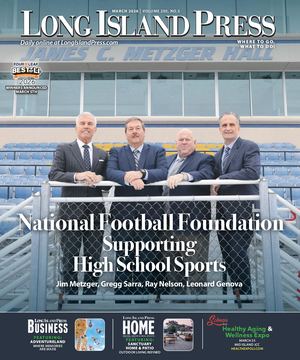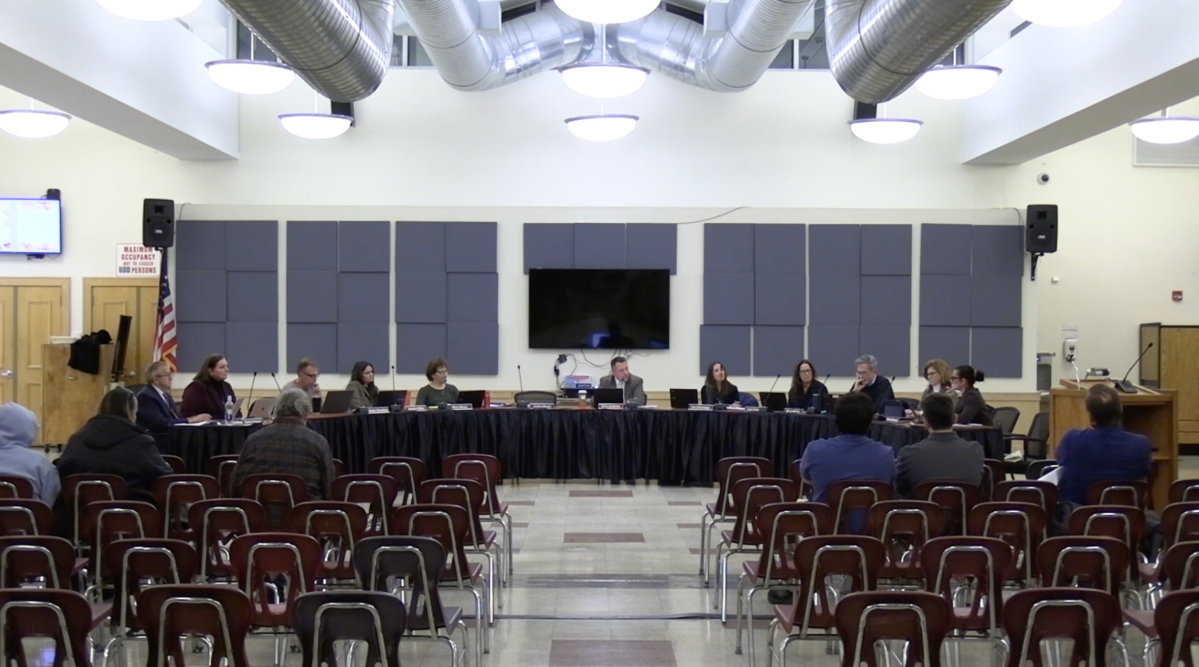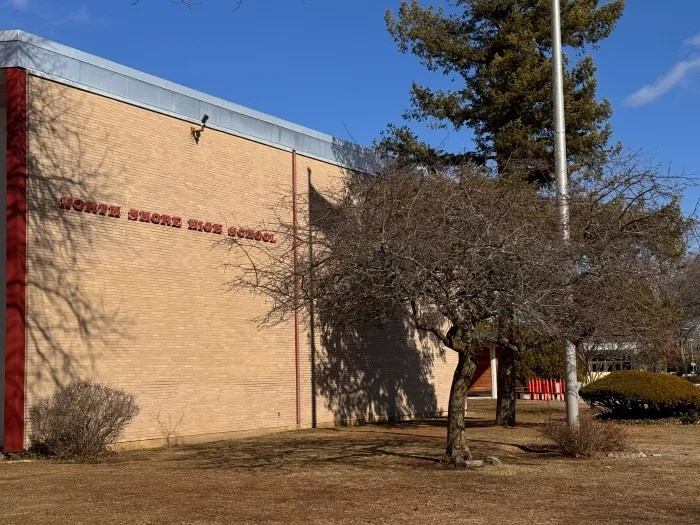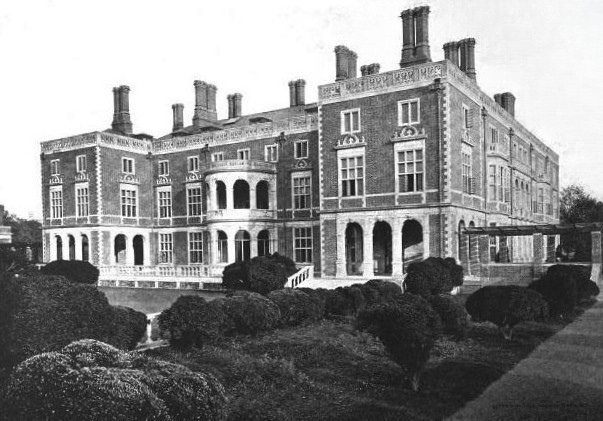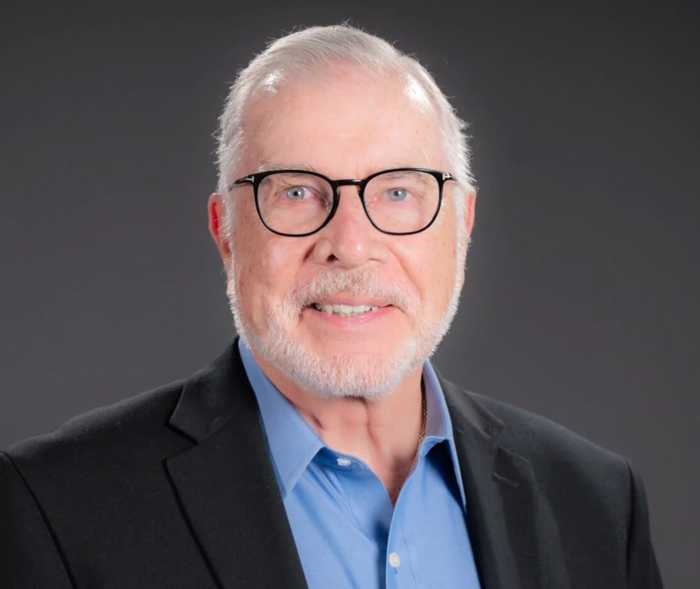The North Shore Schools Board of Education reviewed North Shore High School’s expanding business program as trustees heard student concerns about technology privacy and traffic safety at its Thursday, Nov. 20, meeting.
Secondary Social Studies Director Seth Gordon opened with an overview of the department’s expansion, with 353 student requests for business courses last year.
Gordon outlined how the department plans to respond to a new state requirement that all students receive instruction in financial literacy beginning with the 2026-27 school year.
“Our business program offers electives that are practical and career oriented,” he said. “There was an interest for this kind of practical hands-on classes that might be applicable to their daily life and what they want to do for careers.”
Trustee James Svendsen raised concerns about whether the new financial literacy requirement would end up limiting student choice if it were offered only through the business department.
Gordon said districts are “still in the preliminary stage of figuring out what the state wants,” but financial literacy could be embedded in several courses not limited to business.
He said the district may eventually need to consider a third business teacher and expressed interest in creating a more modern “Bloomberg-style” classroom space for the program.
Student Government Organization President Genevieve Hudin updated the board on several student concerns, including the district’s new phone ban. She pointed to an exception in the state law that allows phone use “for a specific education purpose” when authorized by a teacher or administrator.
“This part of the law should be widely recognized,” she said. “In arts and science classes, phones are a really useful tool for taking photos and could alleviate some of the negative effects the phone ban has had.”
Hudin said the district’s new Wi-Fi system has raised widespread student concerns about privacy and asked district officials for clarification on how the network works both on and off campus.
She said many students believe the network allows the district to view activity on their devices and noted that some were unable to complete schoolwork for days after having to hand in Chromebooks to get their devices connected.
“Raising children from kindergarten to seniors in a place where there is no privacy will subsequently train them to believe they have no privacy in life at all,” she said. “And that sentiment can be dangerous for adulthood.”
She also raised traffic safety concerns, calling for a three-way stop at Kissam Lane and Glen Cove Avenue and urging the district to consider opening Todd Drive to help ease morning congestion.
Superintendent Christopher Zublionis noted that the district must comply with Ed Law 2-D regarding student data. He said any changes to traffic patterns require Nassau County approval and that administrators will continue reviewing student feedback at a Dec. 1 Student Cabinet meeting.
The board also conducted a first reading of revisions to a policy that governs non-resident students, temporary residency situations and sibling placement in specialized elementary programs.
“We wanted to codify the practice to make it clearer for those families, to make sure this is done equitably,” said Zublionis.
Board members agreed to revisit the wording and seek additional feedback from the district’s legal counsel before bringing the policy back for another reading.
